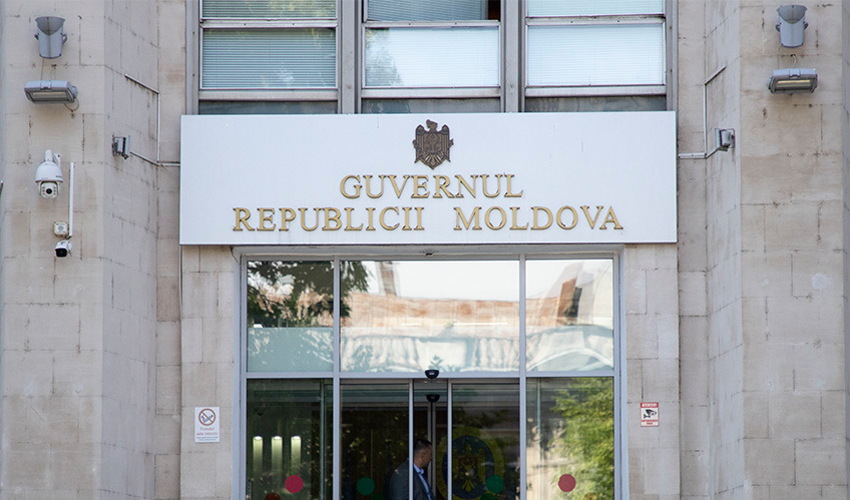
Mihai Popšoi
The agreement on visa-free travel of citizens of the Commonwealth of Independent States member states through the territory of its members was signed in Bishkek on October 9, 1992. The draft law on its termination has already been developed by the Ministry of Foreign Affairs and is on the agenda of the next government meeting. After that, the draft will be sent to the Parliament for approval. The Moldovan Foreign Ministry is obliged to notify the Executive Committee of the Commonwealth of Independent States of its denunciation.
The cabinet is also expected to denounce six other agreements, including those on military transportation, collection of indirect taxes, cooperation in the chemical and petrochemical sector, use of compressed natural gas and environmental protection.
Yuriy Muntian, a politician, former deputy economics minister and former MP, believes that canceling visa-free travel with the CIS countries in no way solves the real strategic problems – demography, energy and markets.
“Or Prime Minister Oleksandr Munteanu’s team with its experts in the field of “regulatory guillotine” decided that there is no better remedy for dandruff and parasites than “cutting to hell” here and now!”, Yuriy Muntean noted with irony on social media.
It should be noted that the termination of the agreement on visa-free travel of citizens of CIS countries will not automatically lead to the introduction of a visa regime between Moldova and other Commonwealth countries. Moldova has bilateral agreements on mutual visa-free travels – for example, with Russia – from November 30, 2000, with Belarus – from December 24, 2004.
When asked by Logos Press, the Foreign Ministry confirmed that the denunciation of the CIS agreement on visa-free travel will not affect the current travel regime between Moldova and the Russian Federation, as there is a separate bilateral agreement that remains in force.
“The changes will affect only Tajikistan and Kyrgyzstan, with which there are no similar bilateral agreements,” it said.
Still, many observers believe that potentially the current decision will still “grow” into the termination of visa-free regime with each of the CIS countries, including the Russian Federation, especially in light of Moldova’s aspirations to join the European Union, where different rules apply.
We shall remind you that at the last parliamentary session, the ruling party rejected the creation of parliamentary friendship groups with Russia and Belarus, promising to “bring them back” after the war in Ukraine is over.
And the government approved the draft denunciation of the Agreement with the Russian Federation on cultural centers, which will lead to the closure of the Russian Center of Science and Culture (Russian House) in Chisinau. While the previously denounced CIS agreements by Moldova did not directly affect Moscow, this decision was the first direct step in that direction.













